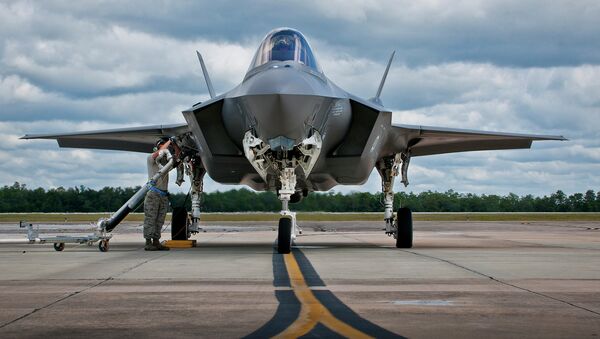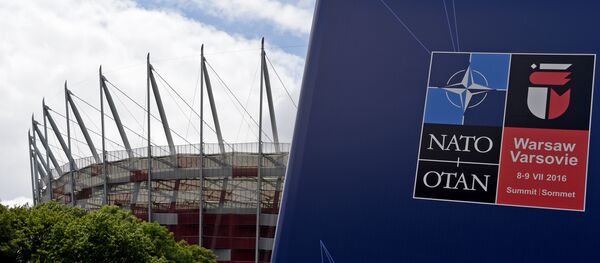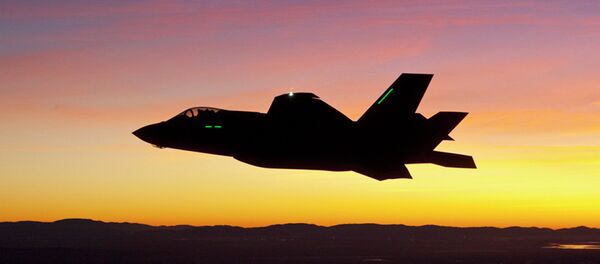As one would expect, the United States is the main driver for increased defense expenditure. Today, the US' defense expenditure exceeds that of European NATO countries' three times. Therefore, Washington has been consequently pushing its European allies to shoulder a greater share of the burden. The pressure is only expected to increase, regardless of the outcome of the US presidential election. Regardless of who takes over the Oval Office in early 2017, Donald Trump or Hillary Clinton, Europeans will have no quarter, the Danish newspaper Berlingske pointed out.
"Every time I'm on Capitol Hill in Washington, representatives of both parties and presidential candidates make it very clear that it is not tenable that the US bears such a disproportionate part of the burden. For Americans, it is unfathomable that they should borrow money to pay for the protection of European countries which contribute significantly less. And I concur," NATO Secretary General Jens Stoltenberg told Danish newspaper Berlingske.
"But when tensions rise, we must be able to increase defense spending," Stoltenberg said, citing NATO's ability to ward off "aggressive and dangerous" Russia, terrorist threats and the instability in Europe's neighborhood. "This is not for free, it's going to cost," he added.
On the positive end, Denmark's decision to buy expensive US-made aircraft brought a smile to Stoltenberg's face.
"We are very pleased with the F-35 aircraft Denmark now has decided to invest in. It is good for Denmark and good for NATO, since it means that Denmark can contribute to future operations and collective defense," Stoltenberg said, calling the F-35 a "modern aircraft that can handle extreme challenges."
In fact, only Britain, Poland, Greece and Estonia live up to NATO's demands of all the European member states. Without a marked increase in defense expenditure, the US might begin to twist the arms of its European allies with a quid pro quo policy.





